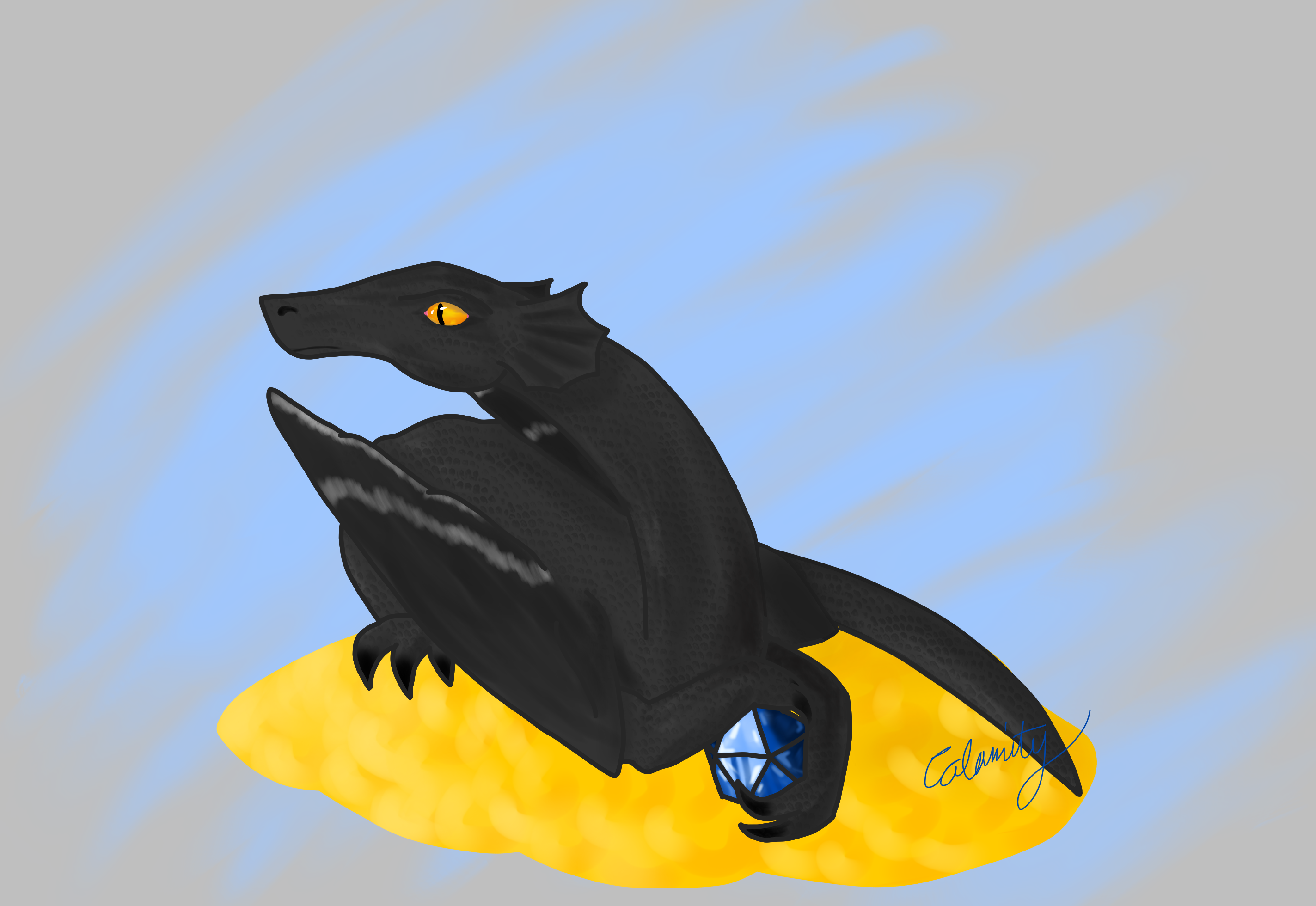It’s been a thunder spell from the druid both times.
I gave her owl stats but flavored her as a very small dragon who has a fondness for polyhedral gems. Yep, she’s a dice dragon.
I guess that makes my familiar my self-insert character.

It’s been a thunder spell from the druid both times.
I gave her owl stats but flavored her as a very small dragon who has a fondness for polyhedral gems. Yep, she’s a dice dragon.
I guess that makes my familiar my self-insert character.

When I DM, I always keep the idea in my back pocket that an enemy that has been distracted by a familiar too often will ready an attack to get rid of it the next time it is in range.
It’ll still eat their action, might miss, and I telegraph it sufficiently that an attentive player might adapt their familiar’s behavior, but it’s a thing that can mix up combat and keeps players on their toes.
This is the other reason I chose owl, fly-by is very convenient for not getting offed. (or would be if she ever lived long enough to try it.)
Fly-By helps against opportunity attacks, but not against readied attacks.
Which, to me, is fair, because readying attacks requires the foe to sacrifice their main action and reaction.
If I’ve got intelligent enemies with ranged attacks they’re absolutely going for that thing once it makes its utility known. Though it’s not like they generally do much with their reactions anyway.
A smart player will try to keep the owl out of LoS during most of the round, so sacrificing action + reaction for “I attack it once it comes out of cover” is the best most NPCs can do.